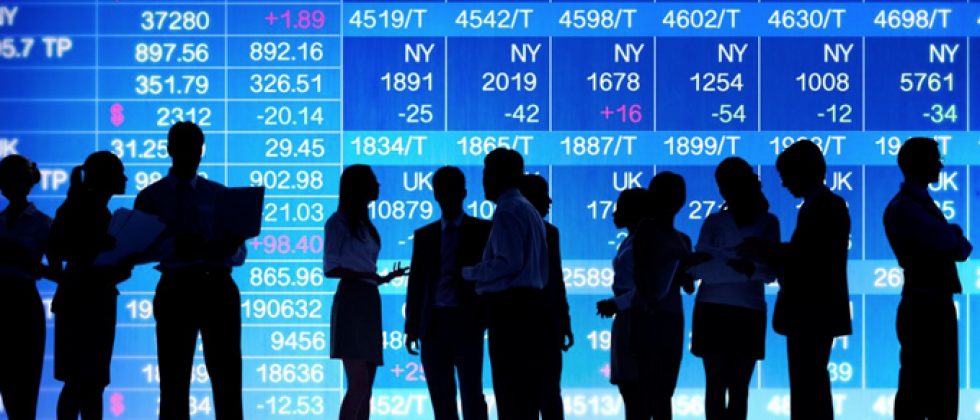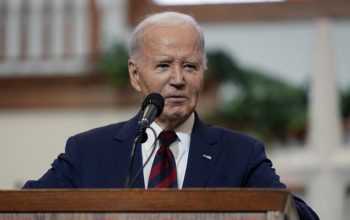news
“Preparing for an Economic Hurricane”, an article by Dr. Leonel Fernández
June 6, 2022
At first it was forecast that the rains that were impacting the Gulf of Mexico could turn into Tropical Storm Alex, the first named that appears in the list of names corresponding to the new hurricane season that recently began in the Caribbean region.
But it didn´t turn out like that. The storm lost strength, had no right to the name, and finally faded away.
However, it has been the other way around in the case of two statements made by Jamie Dimon, CEO of JPMorgan Chase, the largest investment bank in the United States.
During the first few days of this past month of May, speaking at a meeting of financial analysts in New York, Dimon – using a meteorological metaphor – stated that “there were big storm clouds on the horizon for the economy, but there was hope that they would dissipate.”
Later on, he stated: “If it was a hurricane, I would tell you that. Under the current conditions, the situation is not like the tsunami that banks faced in 2007 and 2008, when the mortgage market was crashing and several large financial institutions collapsed.”
Indeed, Dimon was not predicting a tsunami. But in subsequent statements made earlier this June, he once again referred to a hurricane that is undoubtedly much more damaging than a simple tropical storm.
Taking on the role of a natural philosopher, similar to the central character of the formidable novel “From the Garden,” by Polish writer Jerzy Kosinski, he explained the complex phenomena of global finance by using a simple meteorological allegory:
He stated: “Get ready for an economic hurricane. It’s a bit sunny right now, things are going well. Everyone thinks that the Fed (the U.S. Central Bank) can handle this. But that hurricane is right there, opening a path that is headed straight towards us.”
He also added: “We just don’t know if it’s a small storm or Super Storm Sandy. But, you´d better get ready. We are preparing ourselves for a non-benign environment with poor outcomes.”
Hurricane Winds
Jamie Dimon is not the only one predicting dark clouds on the economic horizon of the United States and, consequently, on the global economy.
To tell the truth, the first to do so was Deutsche Bank, another global finance giant. In a report to its clients in April, he warned that the United States would be hit by a major economic recession.
The same has been done by Lloyd Blankfein, CEO of Goldman Sachs, another of the world’s leading investment banks. In May he argued that “there is a very high risk that the economy will enter into a recession.”
Currently, the US economy finds itself on divergent paths. On the one hand, there are sectors that are navigating with favorable winds. This is the case, for example, of the labor market, in which the unemployment rate is at one of its lowest historical levels.
This is also the case of the consumer and business investment sectors. Car sales are on the rise, vacation bookings are skyrocketing, and the sale of clothing and home appliances are on the rise.
At the same time, however, the value of the shares of technology companies, Nasdaq, are plummeting. The Dow Jones Industrial Average is collapsing and companies like Amazon and Netflix, for the first time in 16 years, have experienced a drop in their profit margins.
Inflation, reflected in the high prices of food and fuel, is the highest in the last 40 years. All of these factors lead to an uncertain scenario, both for the United States and the global economies.
Challenges and Warning
The hurricane winds that lead to the possibility of a deep economic recession in the United States are concentrated in the fact that in order to reduce inflation, the North American government and the Federal Reserve have to reverse the monetary emission policy applied to reactivate economic growth, hit hard the Covid-19 pandemic.
In order to reactive its economy the United States, through fiscal and monetary means, placed close to nine trillion dollars in the markets.
This strategy, which in principle was what logic and common sense indicated as appropriate seems, however, to have exceeded its magnitude or dimension. It has now become the fundamental cause of monetary origin, of the rise in prices that for over a year now the country has been experiencing.
To make the unwanted effect of inflation disappear the Federal Reserve, in addition to raising interest rates, also intends to apply a so-called quantitative adjustment program, or QT.
The latter consists of the fact that the most important US monetary institution intends to reverse its program to purchase Treasury bonds for nearly 100 billion dollars each month.
This, of course, escapes the imagination. Nothing like this has ever happened in the economic history of the United States. Close to nine trillion dollars will have to be removed from the market in the course of this year, thus dramatically reducing the circulation of money.
In consequence, the economy – real and effectively – will enter into a recession. Stock markets will crash. Consumer spending will plummet. Foreign travel will decrease. Remittances will drop.
All this could worsen even more, provoking a stagflation phenomenon due to Russia’s war in Ukraine, a situation which drives up fuel and food prices. Also, new confinement policies in China due to a new COVID outbreak will disrupt the global supply chain.
For a country like the Dominican Republic, whose post-Covid economic rebound process has depended fundamentally on three external factors – remittances, tourism and the free-zone sector – it is time to place our meteorological services and 911 on alert so that, this way, our economy will not capsize due to the coming hurricane.
Our greatest wish is that like Tropical Storm Alex, it will weaken and fade away.





